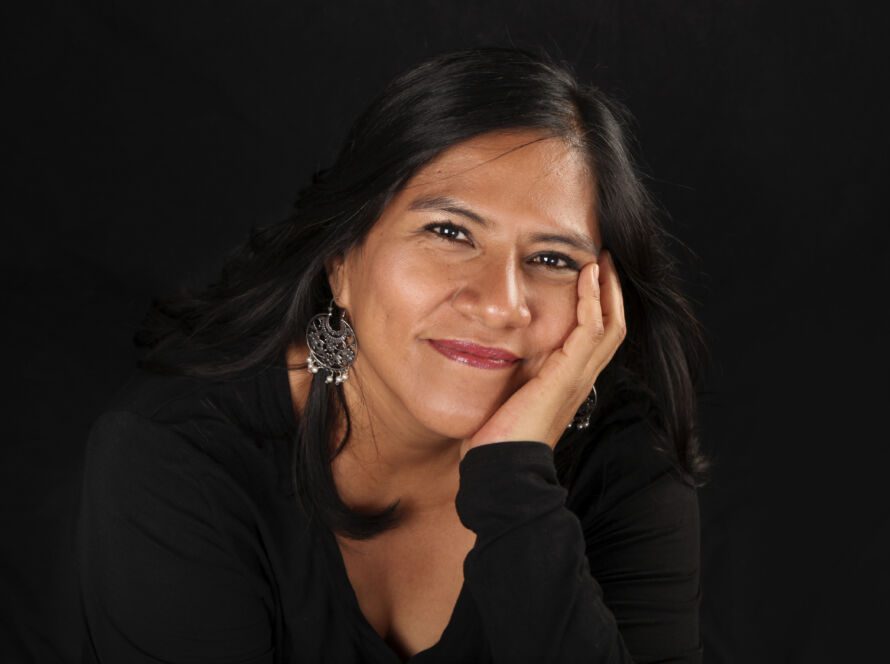The award-winning screenwriter and author Sabina Murray will be leading the 2019 fiction master class in English. Check out this exclusive interview with Under the Volcano and apply now!

What books are you currently reading?
A Game of Hide and Seek by Elizabeth Taylor, Theories of Vision from Al-Kindi to Kepler, David C. Linberg, The Bontoc Igorot by Albert Ernest Jenks.
What books do you return to over time? Why?
I’m back with the Quiet American by Graham Greene because of its structure, brevity, sympathy, and ability to articulate empire. The writing of John Berger keeps me clear on what artistic representation is and why it’s worthwhile. The structure of Angela Carter’s short stories is absolute genius.
Which three writers, dead or alive, would you like to have coffee or drinks with? Why?
I’m going to go with all dead people, just for clarity. I’d like to have a drink with Jean Rhys, although I suspect she’s better earlier in the evening. The Philippine national hero was writer Jose Rizal. He was great artist and also a revolutionary. I have many questions for him. I suppose I’d like to talk to Joseph Conrad, although he’d probably be a bit prickly on the things I’d like to ask him. I’ve been influenced by his work.
Do you have a secondary passion or talent apart from writing that might surprise people to know about?
I can replace a toilet shut-off valve in about fifteen minutes, and am quite handy with a drill. I can bargain when shopping in open markets even when I don’t speak the language. Everything else gets swept up into the writing. I have an interest in time theory, but that ends up being about language and memory. I have an interest in the history of understanding sight, but that also quickly slides into a study of the heavy reliance on visual language in fiction. If I’m interested and passionate about something, I’m going to write about it.
If you could offer three tips to writers what would they be?
It would be to recognize indoctrination as indoctrination. That might sound weird, but a number of the writers I encounter in a classroom setting (the kind that would be open to advice) are, for example, of the opinion that plot is a degraded element of fiction and that only language that strives for absolute truth through innovation can make fiction worth while. Those might sound like words to live by, but enough people espouse such things that they sound more like cult members than enlightened fiction writers. And sometimes simple, straightforward language is the right choice. The second tip would be to just write the thing first, and then check if you’ve made some sort of political transgression, and if you have, to see if it creates discussion around a difficult topic—a good thing—before censoring your work. And lastly, to understand that we are inescapably writing for ourselves, but in order to be a working writer, one must write for others.
What is your writing routine?
When I get in the swing of a book, I never stop writing for the day before taking notes on what I’m working on the next. I tend to work in the morning, but not always. Small chunks of time can often produce good work. I have worked with a set routine, and, at times, that can be helpful, but at others it can make it seem as if you need certain hours in the day and a perfect situation to get writing done, and that is not the case. One is more productive if one can be flexible.
What was your moment of greatest despair as a writer and how did you get out of it?
I, and many writers, encounter despair with ridiculous frequency. I generally recommend a hot shower. And certainly not dwelling on it. Thus this response.



